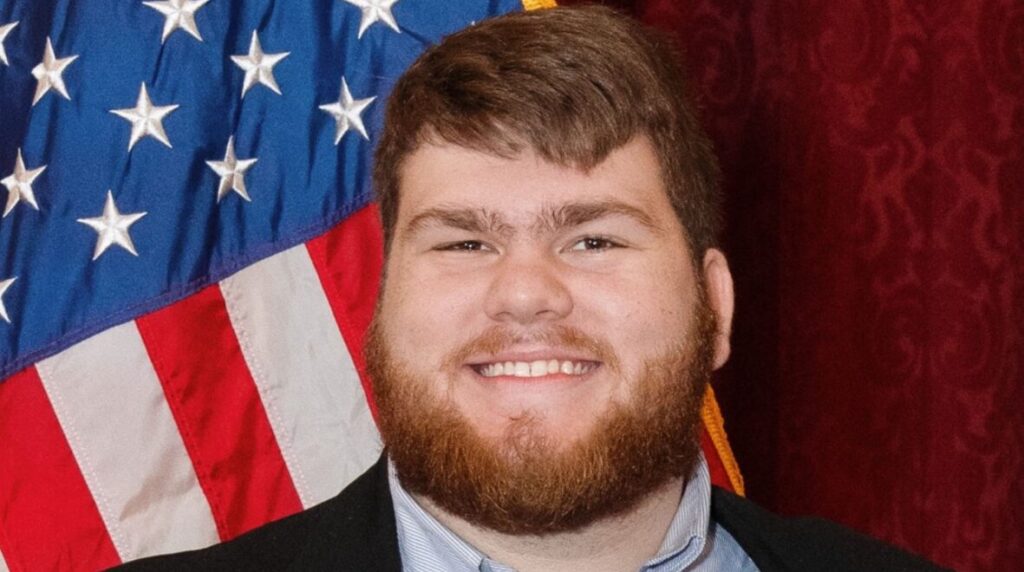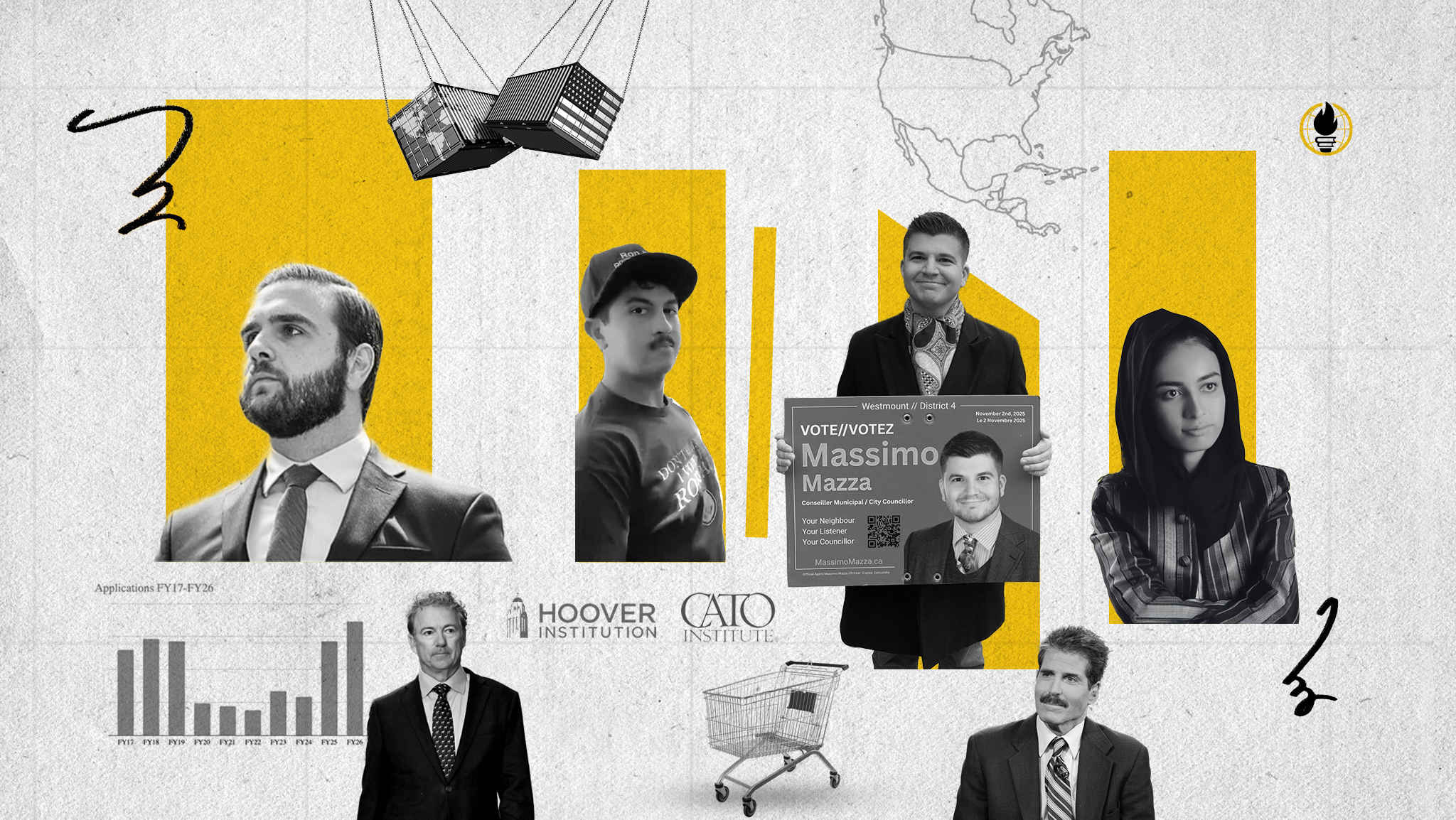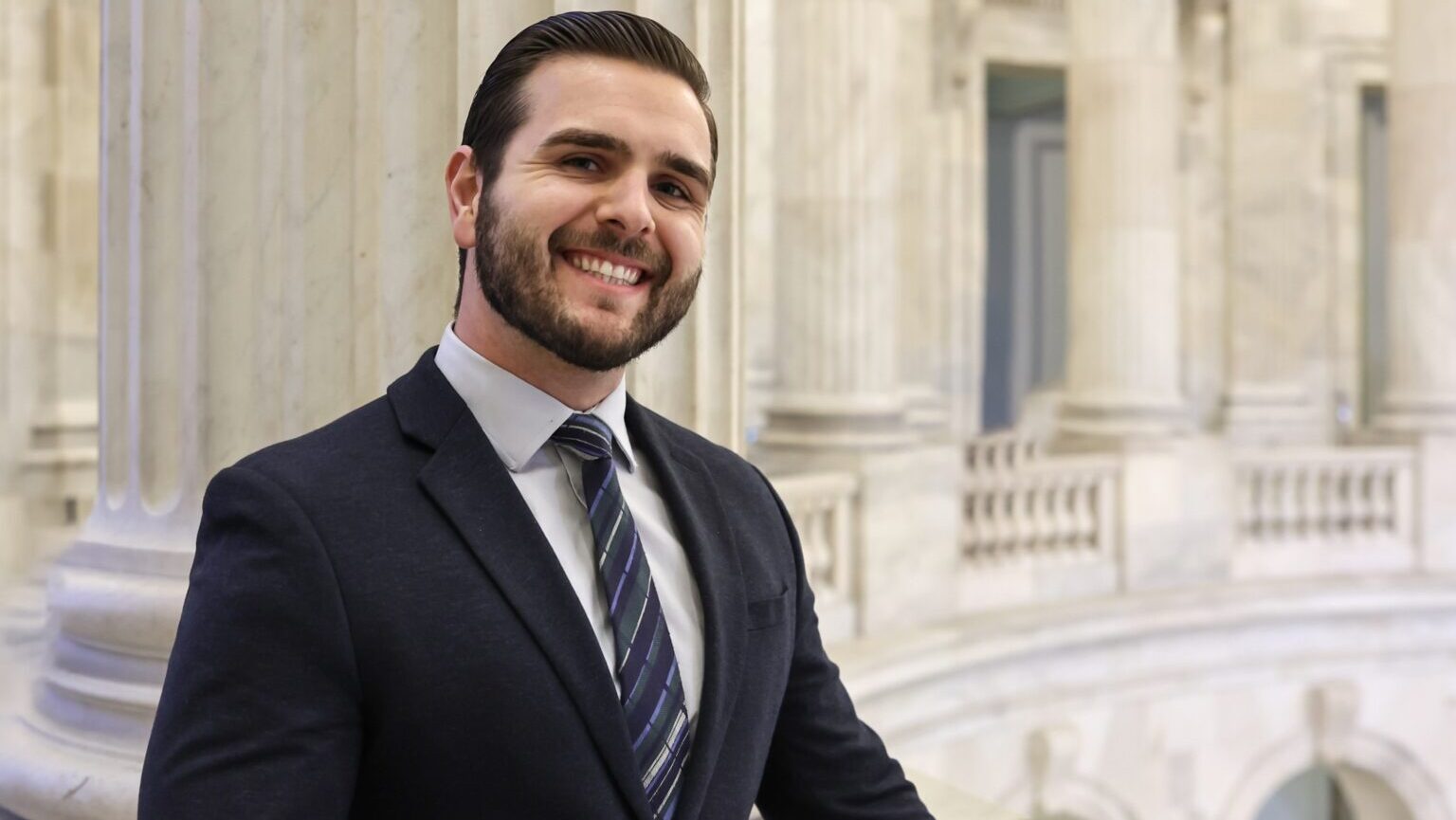By Trenton Hale
I was locked in my house — or, at least, it felt that way.
I wasn’t unique, of course; Covid-19 changed everything for everybody. But for me, it gave me time to sit and think. Really think.
What did I think about politics? About masks and lockdowns? What did I think about my dad’s small, used clothing store and all the struggles his business faced during those lockdowns?
I decided to read more, too (you can’t think deeply without reading deeply, after all). I started on Substack, a platform that allows writers to publish articles. Above all, I started reading about socialism and its evils. And just like how on Wikipedia or YouTube one click leads to another, down an entire rabbit hole, one thing led to another for me, and I began to put some pieces together:
- Liberty is the most important political value.
- More people need to realize that.
- Substack and other platforms are enabling and empowering people to create their own content, without having to fight through the gatekeepers of traditional media.
I began writing in January 2022 with no help or guidance — just a kid, his laptop, and his giant collection of books and Substack bookmarks. I didn’t know where to start, I didn’t know how to format my words, I didn’t know how to research or cite works … I knew nothing except how to put words on the page, how to “Get black on white,” as Guy de Maupassant said.
I’d be lying if I said that was enough. Writing is hard work, and it requires at least some talent. But I began typing away, espousing my thoughts on why socialism was a failed idea, combining empirical evidence and theory with the knowledge and logic I had.
After a month or so, I realized I had something bigger than a blog post or even a series of posts. Soon thereafter, by May of 2022, I had 73,500 words. It would eventually become The Failed Idea.
If I thought THAT was hard work, I had another thing coming, because then the process of publishing the book began.
It was stressful: Trying to get a good cover designed, formatting the document, and uploading it to Amazon’s Kindle Direct Publishing site was a nightmare. But while I look back on the book and see all the little mistakes — the formatting issues, typos, and random rants about Bernie Sanders that I would reword if I could, I’m still proud of myself for taking on such a big project and doing something none of my peers had.
And I wasn’t done.
Inspired by Murray Rothbard’s For a New Liberty, which remains one of my favorite books, I started writing about everything from the role of government to education to the economy to healthcare and more. And this time, I knew how to outline what I was going to write and how to format my chapters properly.
The final result: Freedom for All: How a Libertarian Society Would Function came out in November 2022.
If you had told me the previous year that I would have written two books, I would have laughed hysterically.
And then I began writing a third book, about FDR and the horrors of the Great Depression. I had slowed down a bit, in part due to writing short articles for the Mises Institute, Libertarian Institute, and AntiWar.com.
But eventually, The Shadows of FDR: Challenging the Traditional Narrative was published in October 2023. At over 100,000 words and 400 pages, it was my longest book yet, and if I may say so myself, it’s the best-researched of the three, filled with over 900 footnotes.
I could have hung up my keyboard at this point, at least temporarily. I was busy with classes at Western Kentucky University, and heck, I had written three books before graduating from college. It would’ve been easy to rest on my laurels.
But a guy I met at WKU, who would soon become a friend — Jacob Kilburn — simply wouldn’t let me. He was with this organization — an organization that would soon change my life — called Students For Liberty. I guess he realized that I was passionate about liberty and that I was a good writer, and he made his pitch: SFL could serve as a springboard — a multiplier — for my writing. It could help me become a better writer and give me a platform and network with which to spread my writing.
I became a local coordinator and soon found my way to House Ostrom, SFL’s exclusive cohort of academics. One of the projects we’re working on is Milton Was Right: Members of House Ostrom were each assigned to write a chapter for a book that will renew and reinvigorate the arguments Milton Friedman made in Capitalism and Freedom.
These are not small potatoes. We’re working with a professional publisher and are getting hands-on mentorship on honing our writing and formatting our chapters, and we’re learning a ton about the entire writing and publishing process. Once it’s done, we’ll learn from the pros how to market a book.
It’s a pinch-myself situation: I’m doing something I’m good at, for a cause I’m passionate about, in my chosen field — something I probably would be doing anyway — except now, through Students For Liberty, I’m getting to do it with, and learn from, the best in the business.
Oh, and one last thing — a quick, shameless plug: My next book, Echoes of Deceit, is in the works. It’s a critical history of the War on Terror, starting from the Iranian Revolution in 1979 through the withdrawal of American troops from Afghanistan in 2021. It seeks to raise awareness of some of the U.S.’s lesser-known interventions in the Middle East and argues that they had many disastrous, unintended consequences that hurt innocent people. Because I’m learning so much and have been inspired so deeply by House Ostrom, the SFL network, and the chance to work on Milton Was Right, it’s going to be my best work yet.
Trenton Hale is a libertarian activist and writer. He is currently an intern at Students For Liberty and previously served as Regional Coordinator for SFL. He is the author of three books: The Shadows of FDR, Freedom for All, and The Failed Idea. His work has been featured at the Mises Institute, Libertarian Institute, AntiWar.com, and the Libertarian Christian Institute. He attends Western Kentucky University, where he studies political science and foreign relations.





